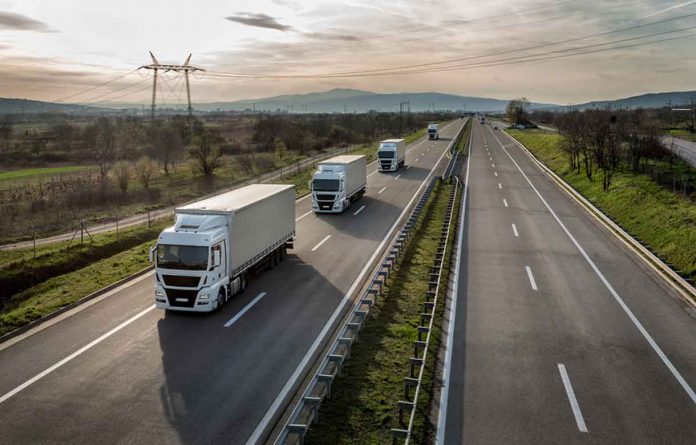A change regarding the Canadian trucking industry is imminent. In an effort to combat climate change, the Trudeau government has issued a carbon tax: carbon pollution will initially cost C$20 ($15) a ton, rising by C$10 a year until it reaches C$50 in 2022. The 10 provinces now facing this tax — which is expected to hike up diesel prices — were worried that the lack of incentives could force businesses that rely on the fuel to go under.
“If the revenues generated from the carbon tax by industry are not used to support faster market penetration of carbon-reducing technologies for diesel trucks, then it’s quite difficult for carriers to comprehend what purpose carbon taxation has on our sector,” said Stephen Laskowski, president of the Canadian Trucking Alliance.
Considering that the trucking industry in Canada is worth approximately $65 billion and is responsible for the movement of the majority of goods in the country, this need has prompted the creation of a new proposed federal budget. If accepted and implemented, it would allow businesses to write off the full cost of zero-emission trucks; electric, plug-in hybrid (with batteries above 15kwh), and hydrogen fuel cell freight trucks rated above 11,788 kilograms would be eligible thanks to a change in regulations presented in the 2019 federal budget. Current regulations only allow 40% of the cost to be deducted.
“We will provide immediate expensing to a full range of zero-emission vehicles so that businesses that want to switch over their fleets can recoup that investment sooner,” Finance Minister Bill Morneau said in the House of Commons. “While these vehicles are not yet common in communities across Canada, they can provide a cleaner, more efficient way to transport people and goods and, over the long run, help Canadians reduce the everyday cost of transportation.”
The expanded deductions would last until 2023, and come as part of a package proposal to encourage residents and business owners alike to make the switch away from fossil fuels.








